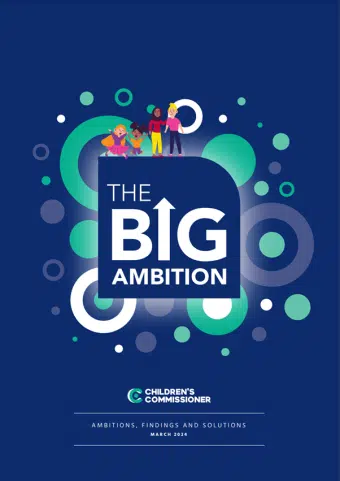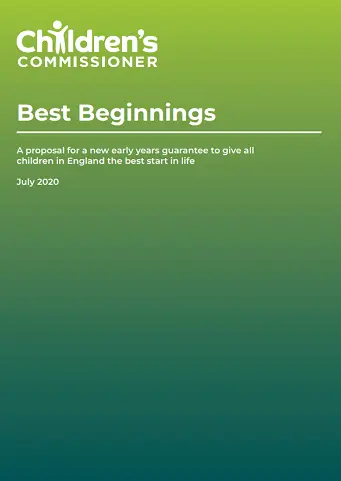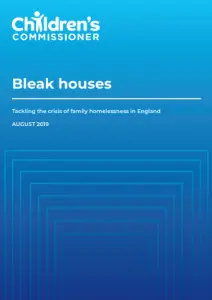Today, the Children’s Commissioner has launched the results from her ‘Big Ambition’ survey. The survey, which engaged over 350,000 children, young people and adults, covered 10 themes of family, education, social care, youth work, online safety, health, safety from crime, jobs and skills, unaccompanied children seeking asylum, and thoughts on ‘a better world’.
The report details that just one in five children in England believe their views are important to the adults who run the country, while only 10% of teenagers believe they have the power to influence the issues they care about.
Findings from the survey show that this generation of children is engaged with the world, full of practical solutions and optimistic for their futures – but they are frustrated and disempowered because their experiences are rarely reflected in policy making. Children are keen to resolve the kinds of issues and worries that were previously unique to adults. They want to be asked what they think and their responses listened to, with action taken to affect change.
The survey also captured the voices of babies by asking parents to respond on their behalf and by engaging with organisations that advocate on their behalf. The iHV was delighted to be able to engage with the team at The Children’s Commissioner’s Office and to participate in roundtable discussions, presenting the views of thousands of health visitors who engage with millions of babies every year.
The Children’s Commissioner, Dame Rachel de Souza said:
“I want this paper to serve as a call to action, for whoever forms the next government, to decide now that they will commit all their energy and effort to improving the lives of children.
“The policies proposed in this paper draw directly on what children themselves told us. As such, they are ambitious. They would make the rights children are entitled to a reality and provide a positive vision for what childhood could be like if only it were reimagined through the eyes of children.
“Children don’t feel the need to debate why it will be beneficial in the long term to ensure that every family has sufficient financial capacity to support their children. They simply state that no child should go hungry, because it is wrong. They do not talk in the language of targets, and they do not set the bar at what is simply easy to achieve. They speak in terms of fairness. Children believe that true inclusion means that no child is left out. As such, our policies are designed to improve the lives of all children.”
The Children’s Commissioner will shortly be publishing a cohesive and ambitious policy framework for the next government to improve children’s lives and to make the rights children are entitled to a reality. This will include a welcome recommendation for a joint children’s workforce strategy to ensure those working with children are caring, professional and equipped to do their jobs, and that there is a strong pipeline into senior leadership roles. And this includes a call to strengthen health visiting. The recommendation aims to ensure, “additional health visitors are recruited so that all babies and children receive their checks in person, regardless of where they live, and can access the ongoing support they need.”
iHV CEO, Alison Morton, joined the launch event in Parliament today. As supporters of #ChildrenAtTheTable, we back the @ChildrensComm call to action in #TheBigAmbition for the next government to commit to putting all their energy and effort towards improving the lives of children and young people. Read #ChildrenAtTheTable response to #TheBigAmbition: https://buff.ly/3IRParG





